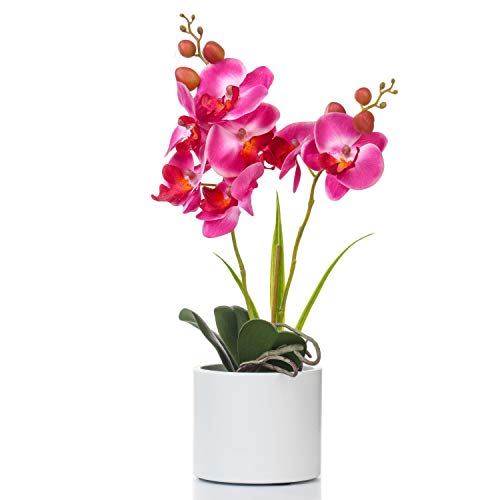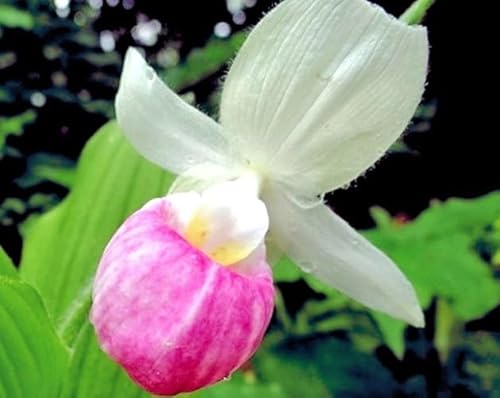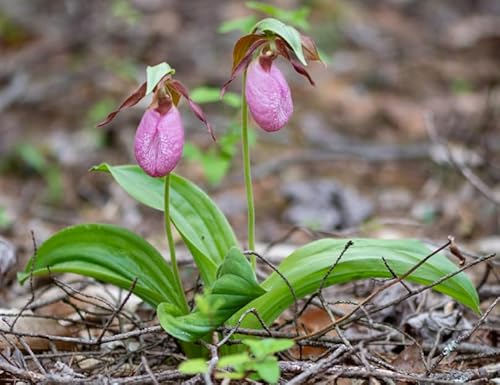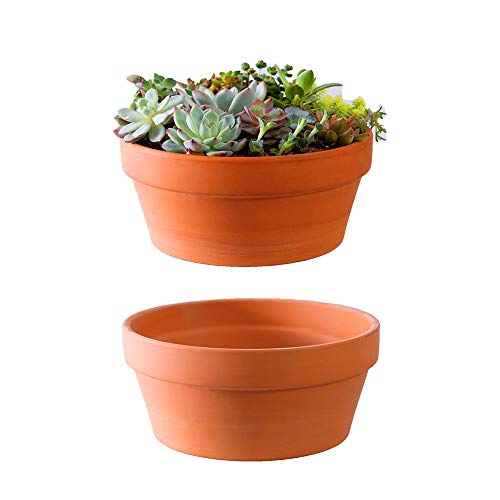baodai
Well-Known Member
- Joined
- May 8, 2008
- Messages
- 284
- Reaction score
- 8
Brian,i think it's because it pre-dates the enactment of cites
I think AOS juding paph emersonii, I think paph emersonii was discorvered of the year 1986 and CITES formed on 1 July 1975 CITES
also paph vietnamese discorvered year 1999
Will AOS jude paph helenae (discorvered 1996)? ( I can't complain about this one yet untill they jude this one
Now, can someone explain to me why AOS support illegal import paph from Vietnam?
A quote from Craig Hoover
Chief, Branch of Operations
USFWS Division of Management Authority"
"It is my understanding that the Vietnamese species to which you referred has been denied import because the Vietnamese government has indicated that the species has never been lawfully exported from Vietnam."
regards,
BD












































